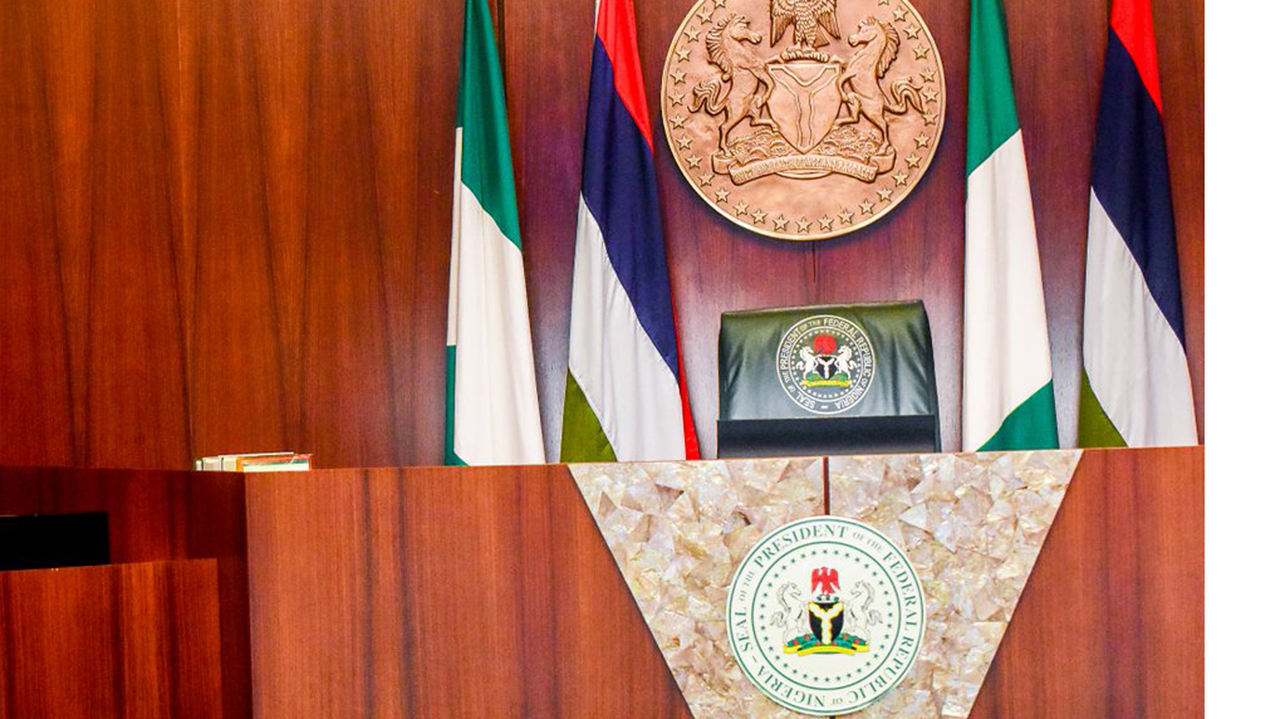An ideological foundation for breeding good governance in Nigeria
As we approach the May 2023, date for the inauguration of a new government into Office, my expectation is for a President who recognises that the root-problem of Governance in Nigeria is “the persistent inability of our elected officials to account to our citizenry on the uses of our commonwealth to deliver services for improving […]

As we approach the May 2023, date for the inauguration of a new government into Office, my expectation is for a President who recognises that the root-problem of Governance in Nigeria is “the persistent inability of our elected officials to account to our citizenry on the uses of our commonwealth to deliver services for improving the quality of our social- livelihood”. In other words, there is a lack of public accountability in our governance.
This inability issues from the absence of an effective operation-control device for constantly and consistently checking-up on the administrative performance of our civil servants in the process of public service delivery.
The existing scenario is one of huge discretionary-authority and little operation-control wherein top-level civil servants wield vast decision-making powers that often conflicts with their self-interests while the elected officials lack a formidable device for the continuous and holistic monitoring and evaluation of the public service delivery effort.
This breeds a governance that is characteristically uncontrolled and chaotic, unresponsive and corruptive, and totally disconnected from the citizenry, which, in turn, breeds incentives for the unethical tendencies that we readily blame for the underperformance of successive governments in public service delivery, namely, widespread public-sector corruption, fiscal-indiscipline, lack of statistical-data, and underutilisation and wrong-deployment of specialist-workforce.
The product is the condemnation of the mass of Nigerians to poverty seen in our perpetual search for the basic needs of livelihood, namely, food and water, healthcare, shelter, security, etc.
Therefore, the next President of Nigeria must be that candidate who will confront this very deplorable and totally unacceptable social scenario from the background of three vivid recognitions.
- The Civil Service is not an integral-part of government but a support-institution that is functionally located in-between the Government and the citizenry.
- The Civil Service is characteristically structured into different sectoral fields of responsibility that are managed by human beings who pursue the task from their individual parochial and primordial points of view and interest.
- The only way the President can hit the ground running to achieve optimal performance in public service delivery is for the government to initiate, from the onset, a Reform
Agenda that would institutionalise the effective coordination of the Civil Service through constant and consistent monitoring and evaluation of the public service delivery process for the aggregation and feedback of administrative-performance-information.
This is absolutely inevitable.
In my search for how well we are doing and how we can do better, I have traced this root- problem to the adherence of our elected officials to two relic paradigms that prescribed the separation of ‘planning’ from ‘budgeting’ in governance and concentration of governance on ‘economy’ rather than ‘society’. Hence, ‘planning’ is “the determination of ‘economic’ (rather than ‘social’) development-goals” while ‘Budgeting’ is “the mobilisation and deployment of funds for achieving ‘economic’ (rather than ‘social’) development goals”.
The product of this ideological orientation is that our elected officials developed a restricted perception of ‘budgeting’ as merely ‘fiscal policymaking’ focused strictly on public financial management. In the process, they ignore the more fundamental institutional-resource-management-concerns of budgetary activity, which are inevitable for achieving the primary purpose of governance, measured strictly in terms of improvement in the quality of social- livelihood.
Today, the forces of social interaction in the historical evolutionary process have merged Planning and Budgeting. Hence, ‘planning’ is now “a deliberately-designed and applied process and time-dimension for carrying out a specified task” while ‘budgeting’ is “the minimum-system of planning-operation”. Certainly, this is a depiction of ‘Budgeting’ as mere alias for “short-term-planning”. Thus, Public Budgeting is the short-term-perspective of government strategic-planning-machinery for nurturing service delivery to the citizenry. Herein, ‘strategic-planning’ simply means the process of translating a Vision into an activity process. Therefore, the essential elements of Budgeting in Governance are:
✓‘Objective-Setting’ (for aligning Government-Vision with the social aspirations of the citizenry to eliminate tunnel-vision from Governance);
✓‘Program-Implementation’ (for determining and deploying the resources for efficient and
effective actualization of the thus-aligned Government-Vision); and
✓‘Operation-Control’ (for binding Civil Servants to the Government-Mission).
Certainly, this conceptual framework totally nullifies the existing scenario in Nigeria wherein
the essential elements of Public Budgeting are: ‘Revenue-Mobilization’, ‘Expenditure-
Allocation’ ‘Borrowing’, and ‘Lending’.
From the alternative conceptual framework thus derives the ‘essence’ of Budgeting in Governance as lying in the need for coordination of all Government activities to link public- resource-inputs to administrative-performance-outcomes. Likewise, the ‘task’ unfolds through routines for aggregating decision-making-information for elected officials while the
‘procedure’ thrives on an institutional-framework for integrating all bureaucratic activities into a coherent field of administration that is controlled from a single power centre. From herein emerges a new definition of Public Budgeting as “efficient and effective deployment of institutional-resources for the successful actualisation of Government-Mission”. This will breed an expansion of the functioning of the Budgeting Agency beyond mere allocation of funds to expenditure items to embrace monitoring and evaluation of the entire public service delivery process. The next President of Nigeria MUST recognise and adhere to this ideological foundation of Good Governance, if he sincerely intends to achieve optimal- performance in the delivery of public services to our citizenry.
Ejikonye, Ph.D., a Specialist in Public Budgeting, wrote from Abuja via [email protected]
